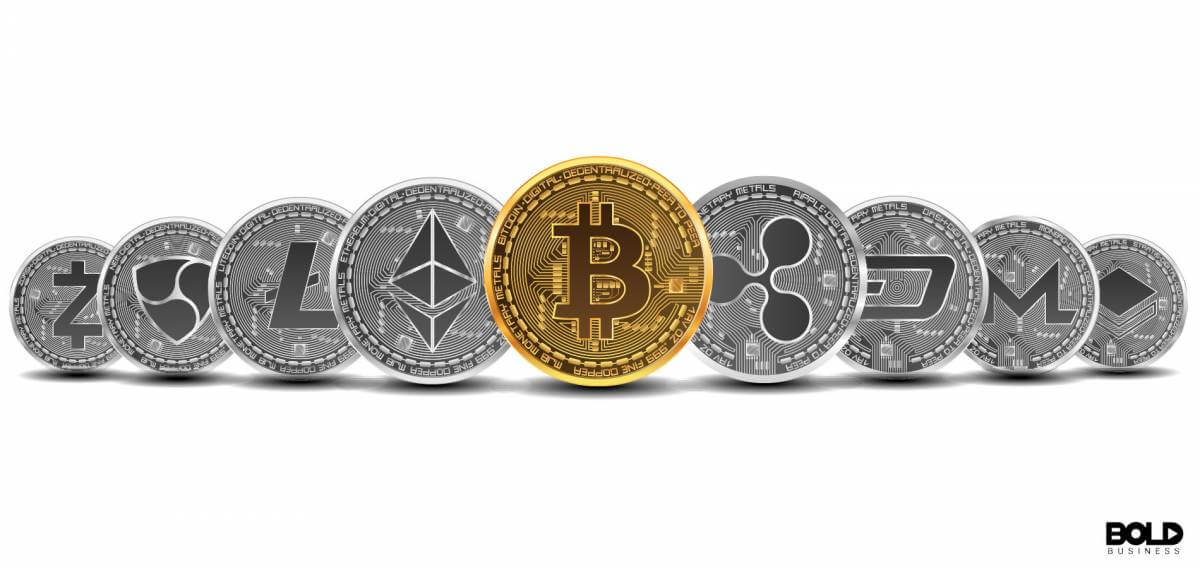 The currency available over an electronic platform is known as digital currency, cybercash, or digital money. It has no physical attributes, and the transactions are made using electronic wallets and accounts over the internet or specially designed networks. Their utility is in parallel lines with the use of fiat currency.
The currency available over an electronic platform is known as digital currency, cybercash, or digital money. It has no physical attributes, and the transactions are made using electronic wallets and accounts over the internet or specially designed networks. Their utility is in parallel lines with the use of fiat currency.
Digital currencies enable seamless instant transactions worldwide, with no limitations of geographies, or local jurisdictions. Accessibility to technology- smartphones, tablets, laptops, and PC is the key to carrying out innumerable transactions. In other words, the use of digital currencies would need a transition from the conventional and traditional framework of transactions. It needs to be extended beyond the concepts of sale or purchase, to be replaced by the novel idea of representing value transfer.
Three basic categories of digital currencies are- cryptocurrencies and virtual currencies like company’s tokens. While cryptocurrency uses cryptographic methods to secure its transactions over the network (for example Bitcoin and Ethereum), virtual currencies are the world of tokens controlled by developers and are based on algorithms. These two share in common that can be purchased through digital exchanges such as Coinbase or Bitcoin circuit.
 Characteristics common to all the digital currencies
Characteristics common to all the digital currencies
Rapid transaction time – Digital currencies primarily exist over the same network and are known to transact without the involvement of any third party. This automatically reduces the overall transaction time, making it cheaper alongside, while still ensuring transparent and completely recorded transactions.
Direct system of transactions – The conventional federal system works on the principles of involving banks and financial institutions as third parties to maintain the flow of money in the economy. However, the digital currency system circumvents this flaw and makes the system of transaction purely based on peer-to-peer policy.
Susceptible to cybercrimes – However secured the transactions may be, but the cybercriminals tend to blend in the sphere so well that it makes the space prone to frauds and scams.
Digital wallets to store – Almost all types of digital currencies need a place where one can securely keep the funds and assets that can be accessed at the user’s ease. These maintain user anonymity and transparency of transactions for any future reference.
Volatility – Digital currencies swing wildly with prices across the markets, fluctuating over extremities, creating a sphere that is vulnerable to a range of factors, including investor whims.
Irreversible and immutable transactions – Digital currency transactions cannot be modified or altered in any manner. Once a transaction has been made, it is saved over the network ledger. The level of transparency occurs only to have a robust record of transactions made over it.
Limited supply – Generally, digital currencies are built on an underlying algorithm. They are finite and have a predetermined supply in the markets. This ensures fair play in the markets by preventing any chances of currency manipulation and depreciation in its value over time. For instance, Bitcoin has a maximum supply of 21 million coins a year.
Download the software to buy or trade your Bitcoins.
Advanced encryption – The funds stored over these networks are secured for a lifetime due to the key codes that are not hackable under any circumstances.
Conclusion
The world has witnessed the advent of cryptocurrencies and tokenized asset markets over the past decade. It is yet to experience a heavy regulation in the upcoming years, though they seem to be quite promising. However, while opting for any one of the digital currencies or a combination of them will leverage your position as an investor, and thus bestow endless ways to utilize your funds.

Founder Dinis Guarda
IntelligentHQ Your New Business Network.
IntelligentHQ is a Business network and an expert source for finance, capital markets and intelligence for thousands of global business professionals, startups, and companies.
We exist at the point of intersection between technology, social media, finance and innovation.
IntelligentHQ leverages innovation and scale of social digital technology, analytics, news, and distribution to create an unparalleled, full digital medium and social business networks spectrum.
IntelligentHQ is working hard, to become a trusted, and indispensable source of business news and analytics, within financial services and its associated supply chains and ecosystems






























